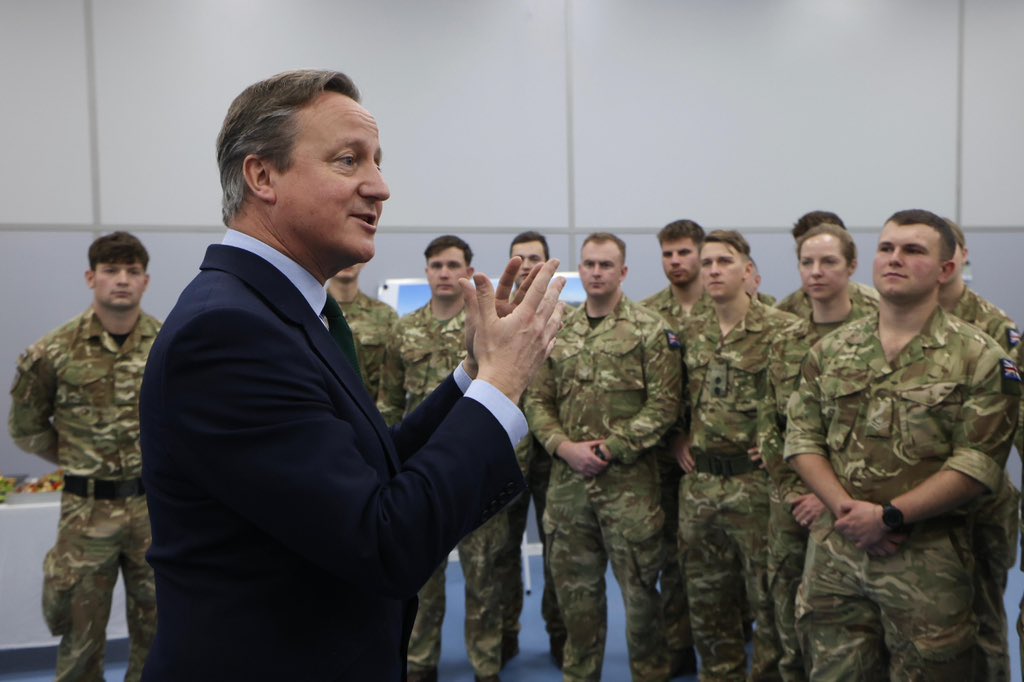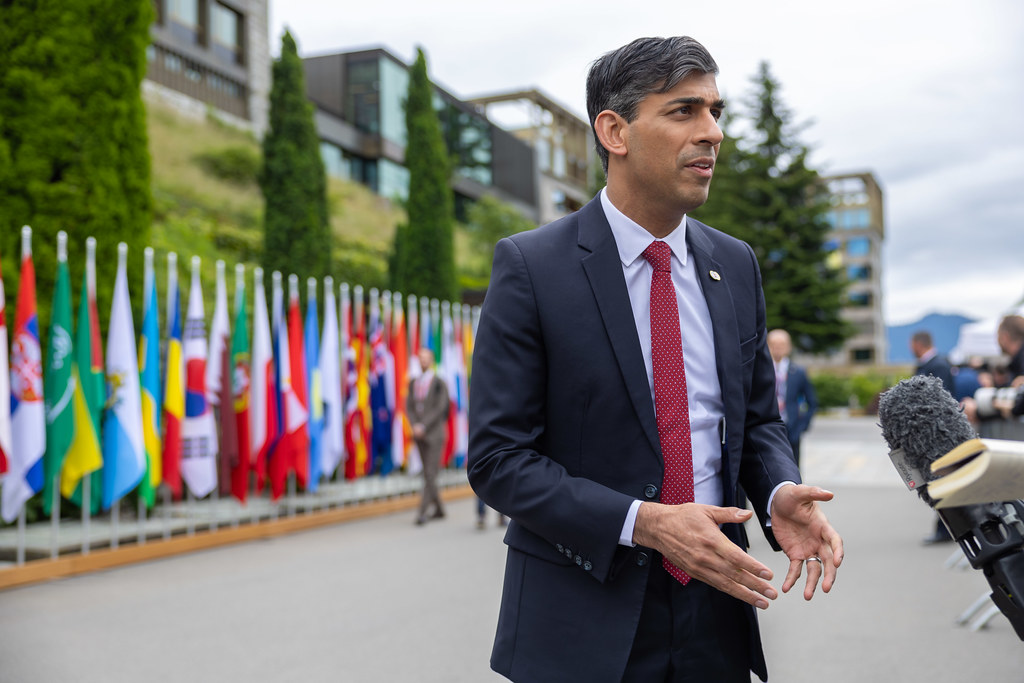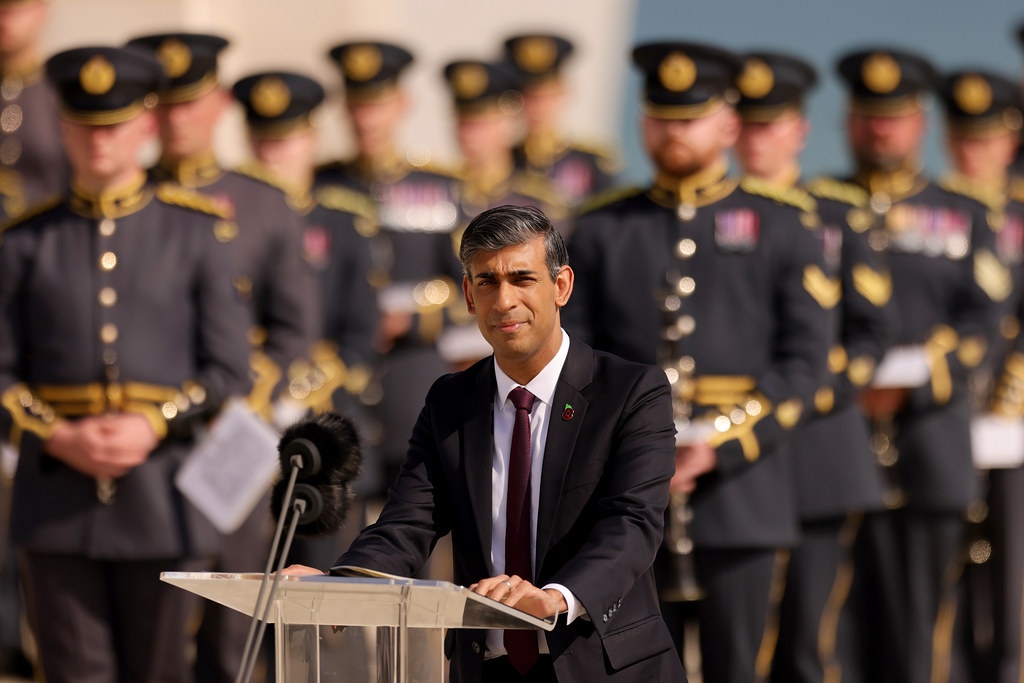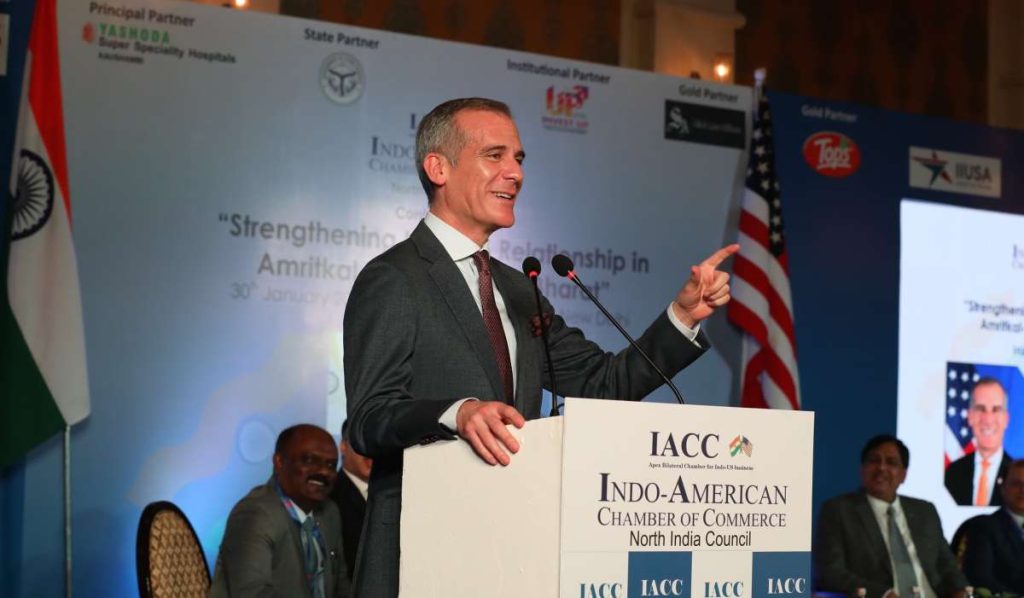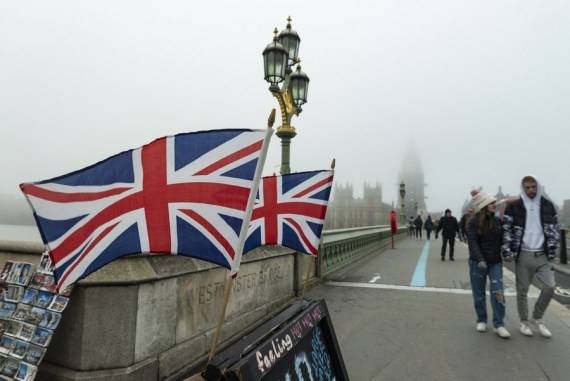The Palestinian envoy described Cameron’s words as a “significant” moment –refers it as “Cameron Declaration” …reports Asian Lite News
Foreign secretary David Cameron has sparked a backlash from Tory MPs after he suggested Britain could bring forward formal UK recognition of a Palestinian state.
The former PM has said such a move could help to make a two-state solution – currently stalled, with Israeli PM Benjamin Netanyahu firmly opposed – an “irreversible” process.
Cameron – speaking ahead of his latest visit to the Middle East – spelled out how the UK and its allies could add to pressure on Israel by considering recognising a Palestinian state at the United Nations.
Palestinian ambassador to the UK Husam Zomlot pounced on his words as “significant” – but senior Conservatives warned Rishi Sunak’s foreign secretary not to push too far or too fast.
Ex-Tory cabinet minister Theresa Villiers said bringing forward the recognition of a Palestinian state would “reward Hamas’ atrocities” after the 7 October terror attack.
Fellow senior Tory Sir Michael Ellis said the move could risk equipping “dangerous actors” with the “trimmings and capabilities of a state”.
And Stephen Crabb, another ex-cabinet minister, said the gesture may be “noble”, but questioned what “talk about early recognition” of Palestinian statehood would achieve.
Cameron told a London reception there was a need to give the Palestinian people “a political horizon” to end the Israeli-Hamas war as he addressed a reception for Arab ambassadors in parliament.
The foreign secretary suggested that Britain and others could formally recognise a Palestinian state during peace negotiations – rather than wait for a final peace deal with Israel.
“We should be starting to set out what a Palestinian state would look like – what it would comprise, how it would work,” he said on Monday night.
“As that happens, we, with allies, will look at the issue of recognising a Palestinian state, including at the United Nations. This could be one of the things that helps to make this process irreversible,” Cameron said.
The foreign secretary last week pushed Netanyahu to re-consider talks aimed at a two-state solution to bring about peace for both Israeli and Palestinian people.
Netanyahu has rebuffed the push from western allies, including the US – saying the plan would “endanger the state of Israel”. The Israeli PM also criticised what he described as an “attempt to coerce us”.
On Tuesday Netanyahu ruled out an Israeli withdrawal from Gaza or the release of thousands of militants – both key Hamas demands in ongoing ceasefire talks. The Israeli leader once again vowed that the war will not end without “absolute victory” over Hamas, in remarks to reporters.
Both No 10 and junior Foreign Office minister Andrew Mitchell responded to Cameron’s remarks on Tuesday by insisting that there has been “no change” in UK policy. Sunak’s spokesman said recognition of a Palestinian state will take place “at a time it best serves the cause of peace”.
However, Labour welcomed Cameron’s suggestion. Shadow foreign secretary David Lammy told MPs: “As Keir Starmer has said, statehood is not the gift of a neighbour – it is the inalienable right of the Palestinian people.”
Lammy added: “I welcome the foreign secretary adopting this position and rejecting the notion that recognition can only follow the conclusion of negotiations.”
But as Tory MPs shared their concerns in the Commons on Tuesday, Villiers said it was “really disturbing” that Cameron appeared to have “changed the UK government’s approach on recognition of a Palestinian state”.
“Will the minister agree with me that bringing forward and accelerating unilateral recognition of Palestinian state would be to reward Hamas’ atrocities?” she asked.
Mitchell replied: “There is no question of rewarding Hamas for the appalling acts they perpetrated in a pogrom on October 7. But the point the foreign secretary has been making is that we must give the people of the West Bank and Gaza a credible route to a Palestine state and a new future, but we must do so when the time is right.”
Michael also warned that “unilateral recognition of Palestinian state now” risked “equipping those dangerous actors … with the trimmings and capabilities of a state”.
The Palestinian ambassador to the UK described Cameron’s words as a “significant” moment – and even referred to “the Cameron Declaration” in a social media statement.
Zomlot said: “It is the first time a UK foreign secretary considers recognising the state of Palestine, bilaterally and in the UN, as a contribution to a peaceful solution rather than an outcome.”
He said: “If implemented, the Cameron Declaration would remove Israel’s veto power over Palestinian statehood, would boost efforts toward a two-state outcome.”
Cameron, whose latest trip starts in Oman, is expected to say Britain will do “everything it can” to prevent the conflict from “spilling over borders” during a visit to the Middle East.
In Oman, the foreign secretary is expected to meet his Omani counterpart, Sayyid Badr Albusaidi, to discuss de-escalating rising tensions across the region.
An attack by Iran-backed militia in Jordan over the weekend that killed three US troops and left dozens injured has stoked fresh fears of a Western confrontation with Tehran.
ALSO READ-Dive into India’s Rich History with These Must-Watch Shows and Films

